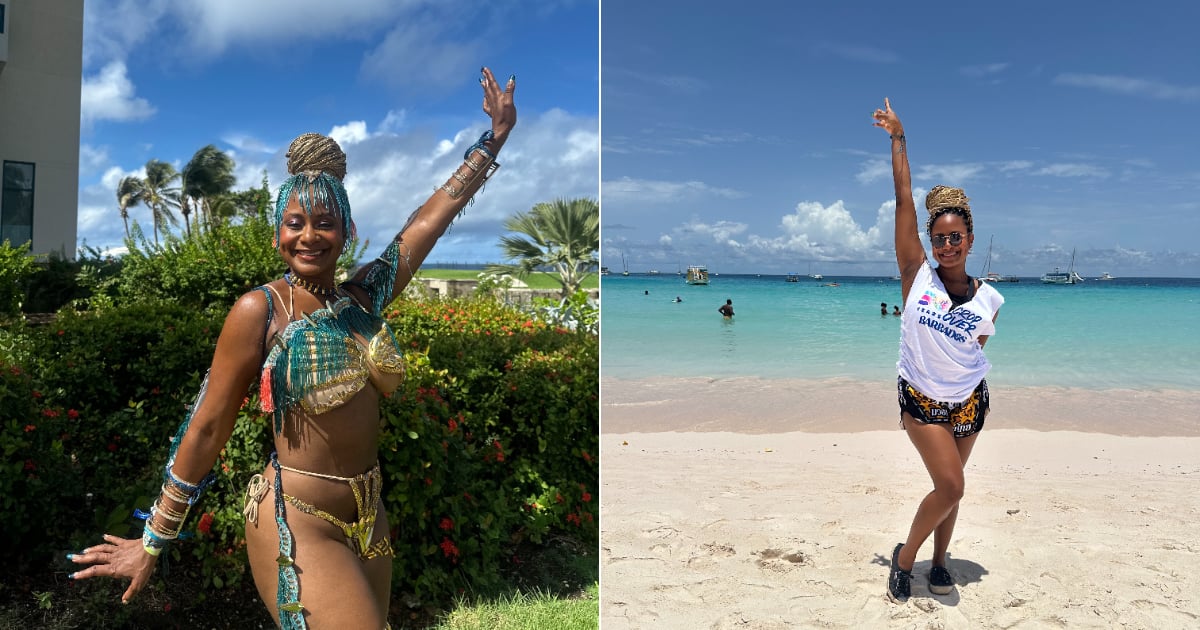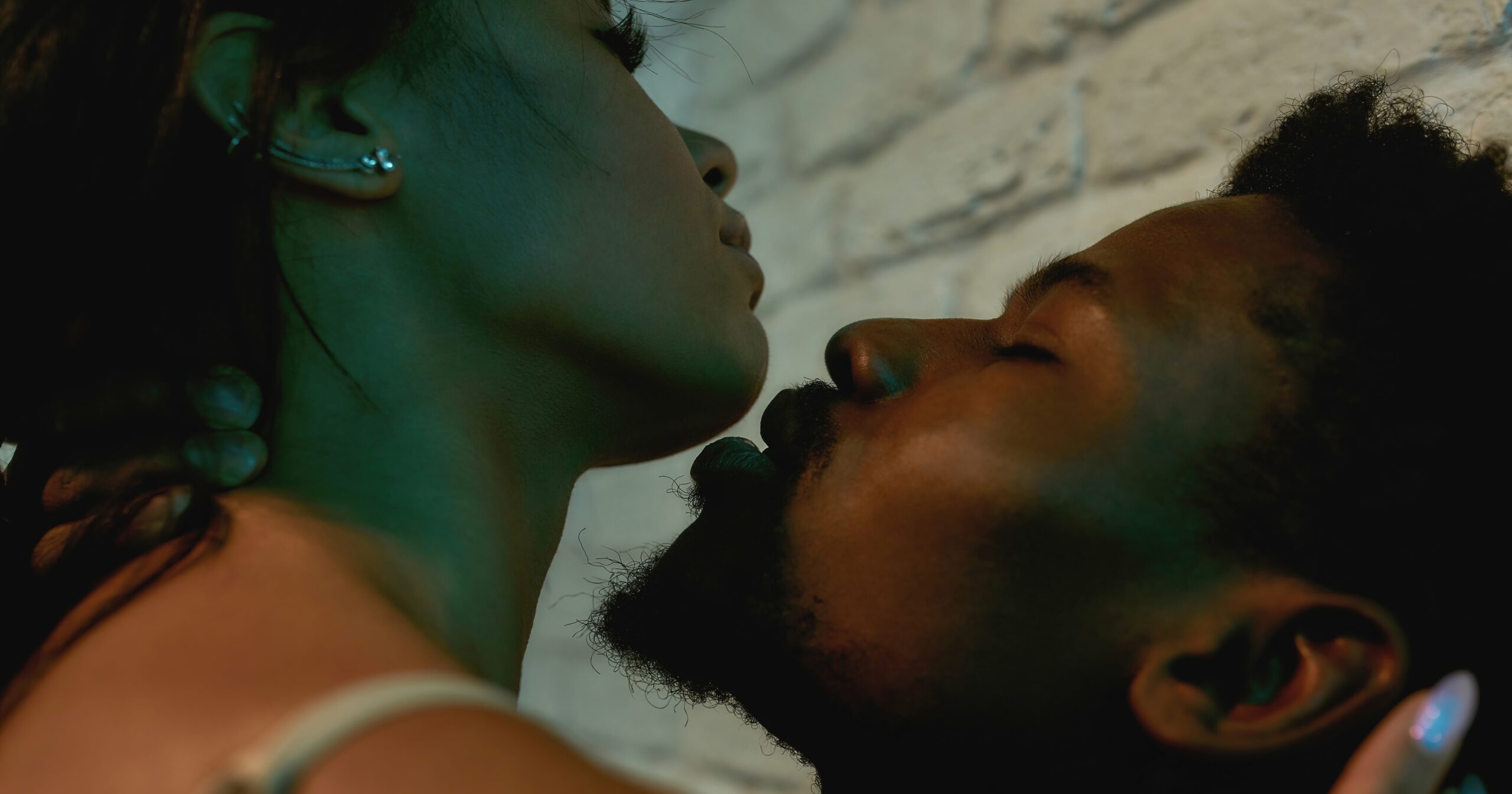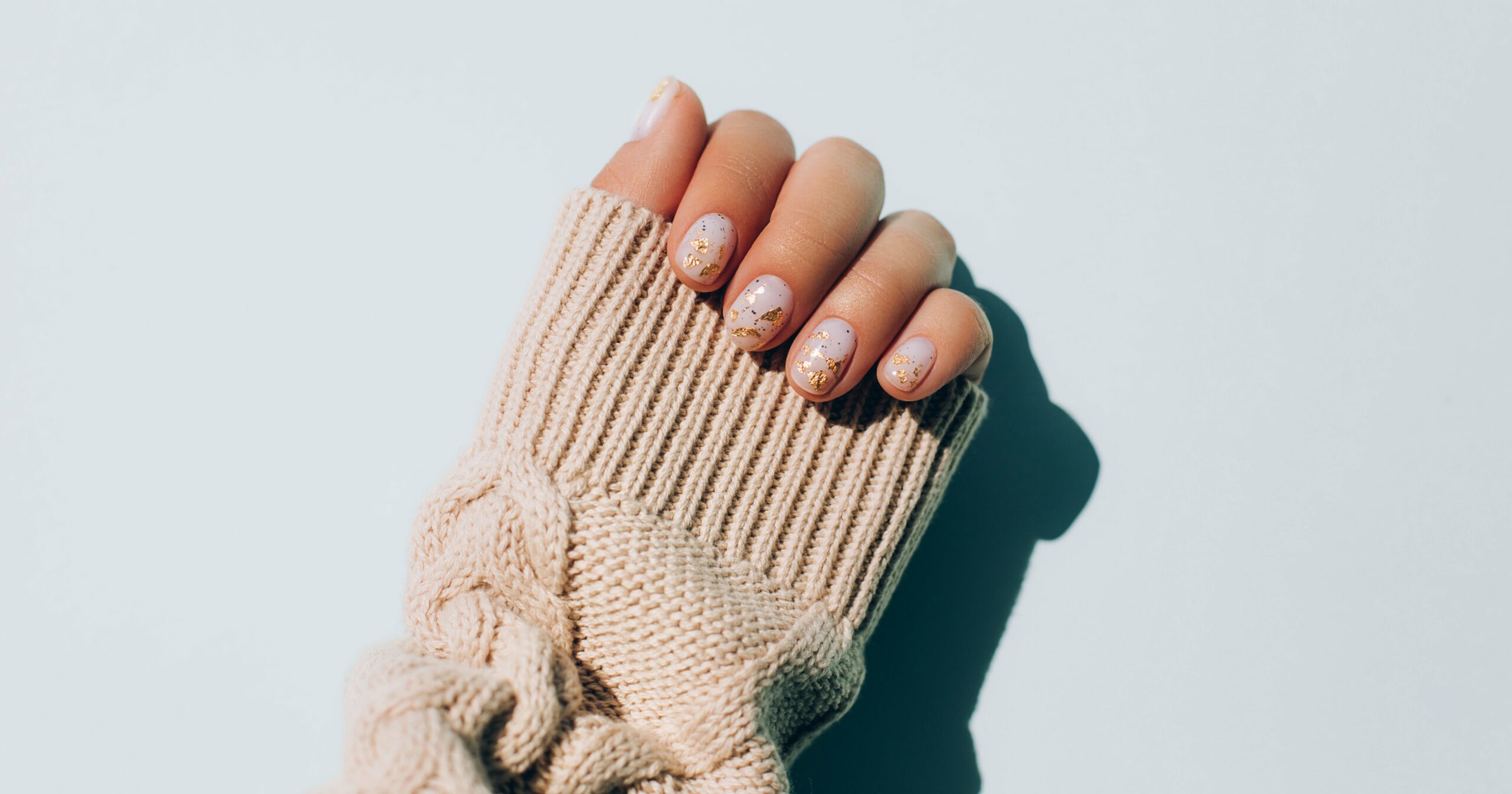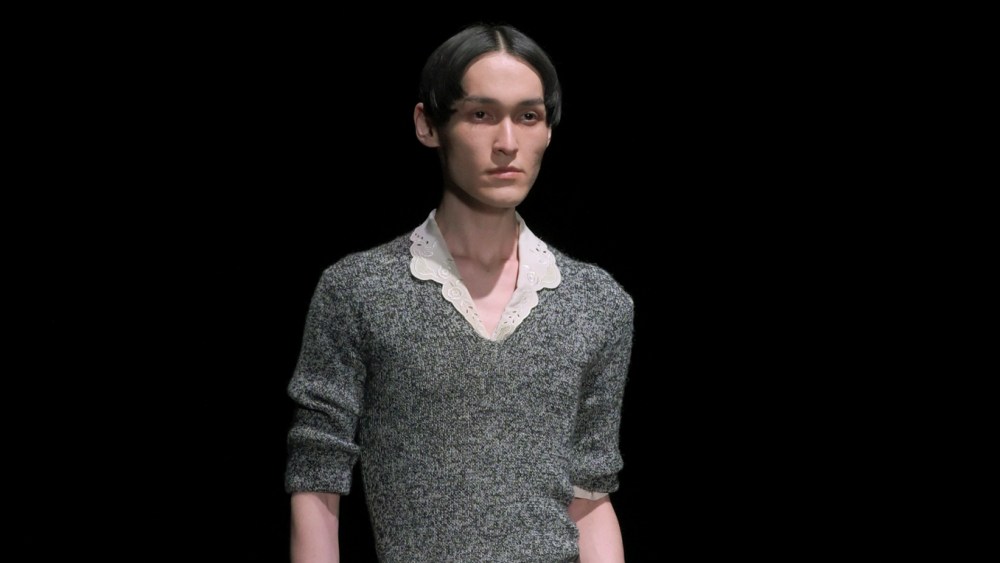In “Pack With Me,” influencers and editors give us a rundown of their travel must-haves and a few travel hacks to go along with them. For this installment, writer and Caribbean Carnival pro Jihan Forbes shares the essentials she packs to celebrate and experience Barbados’s Crop Over Festival.
It’s noon on the first Monday in August. The sun is as hot as it is high. I can already feel the burn forming on my shoulders, but I don’t care. It’s my favorite day – Grand Kadooment – and it’s only just begun.
Grand Kadooment marks the end of Barbados’s annual Crop Over festival, and it’s arguably its biggest event. You’ve likely seen it on your social media timelines: crowds of people clad in rhinestone and bead-festooned costumes, their figures framed by colorful feathers, bursting from wire backpacks or spraying out from the tops of headdresses. Chances are, you’ve peeped one or more of Rihanna’s Grand Kadooment costumes in the media, as she’s turned out to the festivities over the years.
The lively atmosphere reflects the costumes. Revelers follow giant trucks outfitted with speakers, stacked high and strapped down, blaring million bpm-basslines that go right through you. You can’t help but dance, even when the sun is extra spicy and the humidity feels like you’re swimming in it.
Growing up a first generation American of Caribbean descent, masquerading organically became something I wanted to do at least once in my life.
This display is called a masquerade, or “playing mas,” across several Caribbean festivals and carnivals, but in Barbados, they refer to it as “jumping.” What appears to be a hedonistic exhibition of gyrating waistlines and quivering flesh slick with perspiration is really a pageant of resistance and freedom.
Growing up a first generation American of Caribbean descent, masquerading organically became something I wanted to do at least once in my life. I heard about it in the soca songs we listened to at home or at any number of family friends’ backyard barbecues. My father is an immigrant from Trinidad and Tobago, twin islands for which carnival and masquerading is core to the national identity. There, black people quite actually fought for the right to parade through the streets during the Carnival season.
Attending a Caribbean carnival had been a desire of mine as a kid and teenager. My parents, deeply strict Christians, would not allow it. But in my late twenties, when I finally had a little cash to spare, I played my first mas in Trinidad. It was 2017. Donald Trump had just begun his time in office, and I was feeling defiant and eager to be joyful in spite of what was going on – and what was to come – in the U.S. As the
For International Pop Star Shenseea, Representing Jamaica Is “a Privilege”




